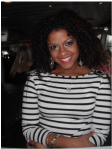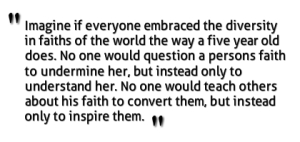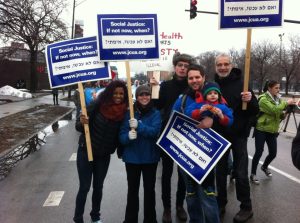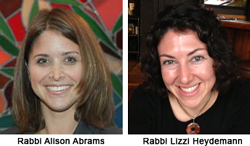By Rebecca Katz
Or Tzedek Teen Programs Coordinator
 |
Take part in JCUA’s Sukkot Action for Justice, during Sukkot, on Oct. 11. At the Mortgage Bankers Association meeting, we’ll be calling attention to how the foreclosure crisis is affecting Chicago families.
Learn more and register for the event. |
 |
| Download the Family Guide for Sukkot. This booklet, designed to be read in your Sukkah, features true stories of challenges faced by recent immigrants to the U.S. |
Teshuva, the process of repentance, occurs on multiple levels: between individuals, the community and the Divine.
During the 10 days of atonement beginning on Rosh Hashanah, we undertake the very human process of repairing fractured relationships. We look at our mistakes, the very acts that demonstrate our humanity, and strive for personal growth. Then, on Yom Kippur, we remove ourselves from the practical demands of every day life — eating, bathing, working — and renew our connection to justice and to a force greater than ourselves.
We come together as a congregation, a kehilla, and ask forgiveness for the sins we have, and the the sins we have not, committed. This act of communal atonement demonstrates our renewed promise to be a more responsible member of our community. “We are truly sorry and we will prove it to you.”
But once God closes the Book of Life and we’ve done our best to assure our future for one more year, who holds us accountable to our grand promises to be a better person?
Sukkot is our first opportunity to follow through on the changes we’ve reflected on during Yom Kippur. Instead of seeking out people in our lives we have wronged, we invite friends and family, neighbors and strangers, to be a part of our homes and share in our food. The past is not forgotten, but has become a foundation on which to build new relationships. During Sukkot, we demonstrate to God and to our community that we have not issued an empty apology and traded action for apathy.
As you seek ways to achieve your New Year’s resolutions, please join us during Sukkot and throughout the upcoming year as we strive to live up to our commitments – commitments to a powerful Jewish voice for justice, to upholding the dignity of the oppressed, and to establishing meaningful partnerships with Chicago’s diverse communities.
 From Judy Levey, Executive Director
From Judy Levey, Executive Director



 Posted by Hannah Sugarman
Posted by Hannah Sugarman 










